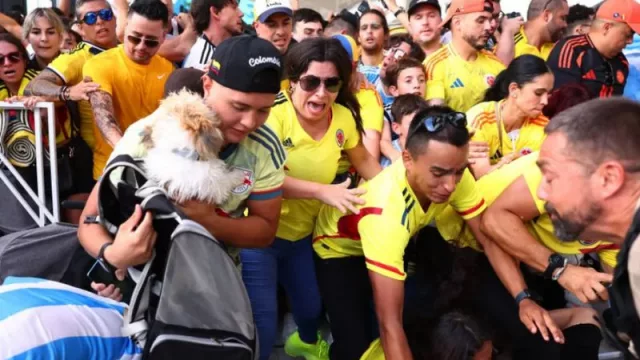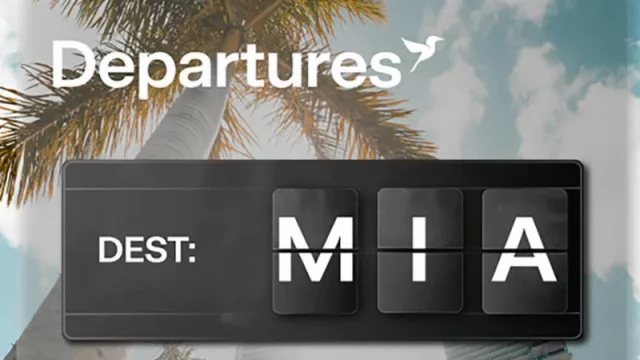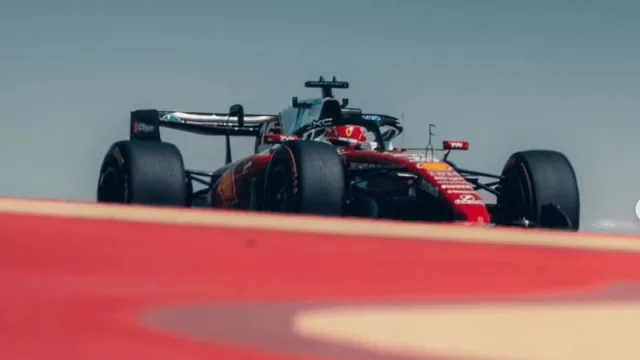The incidents during the entry of fans to the Hard Rock Stadium, where some ticketless fans managed to force their way in, led security personnel to halt the entry of any person until resolving the situation caused by those who sneaked in. The scarce presence of local police officers to ensure security and proper access control has been heavily criticized, highlighting a lack of planning and coordination in such a large-scale event.
The shocking images that went viral on social media, showing people being assaulted by security personnel and others being pushed in the midst of chaos, have sparked a call for attention to the organizational deficiencies just two years before the 2026 World Cup, which will have the United States as the host country in most venues. Alejandro Domínguez, president of Conmebol, has been the target of criticism not only for what happened before the final, but also for a series of questionable decisions in the organization of the tournament, leading to demands for his resignation on social media.
The lack of coordination and planning became even more evident minutes before the kickoff, with the stadium packed but videos circulating online showing fans with tickets left outside the venue, highlighting the poor organization of both Conmebol and the host country at a crucial moment in the competition.
Key learnings the organization should consider:
Improve access control to the stadium to prevent chaotic situations and ensure the safety of attendees.
- Three-level fences in three circles are essential to reduce crowds.
- Increase the presence of local police officers in quantity to form an effective security perimeter and prevent the entry of ticketless individuals.
- Strengthen coordination between security personnel and hired private security to ensure efficient access control.
- Implement preventive measures to avoid incidents of aggression and pushing among attendees. This also requires a much greater presence of security in high-concentration areas.
- Prioritize planning and logistical coordination in large-scale sporting events to avoid setbacks and unfavorable situations.
- Learn from the mistakes made on this occasion to improve the organization of future tournaments and sporting events.
- Never again leave all stadiums available only for matches, one month in advance, with natural grass.
- Provide all teams with equipped training facilities, available and always assisted for all teams.
- Understand that in football, people experience it in the streets. Require each national team's organization to have their fan zones, away from high-concentration areas, where different fan groups can mingle, but understand that incidents can occur and there should be a significant police and assistance presence for health, hydration, etc.
- To organize a Copa America, a Club World Cup, a World Cup, it is necessary to work with all the main actors of the national teams to coordinate well in advance and moment by moment a series of actions beyond the sporting aspect of this passion.
Diego Cánepa
@diecanepaok












Tu opinión enriquece este artículo: